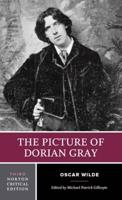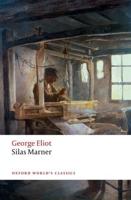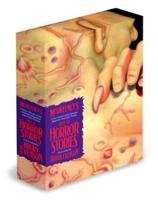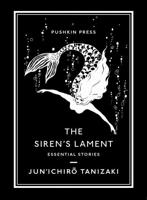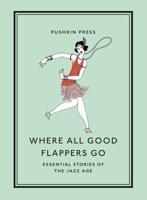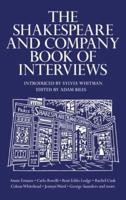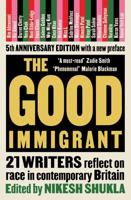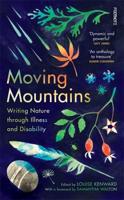Publisher's Synopsis
Walt Whitman was born on May 31, 1819, in West Hills, on Long Island, New York. He was the second son of Walter Whitman, a house-builder, and Louisa Van Velsor. In the 1820s and 1830s, the family, which consisted of nine children, lived in Long Island and Brooklyn, where Whitman attended the Brooklyn public schools. At the age of twelve, Whitman began to learn the printer's trade and fell in love with the written word. Largely self-taught, he read voraciously, becoming acquainted with the works of Homer, Dante, Shakespeare, and the Bible. Whitman worked as a printer in New York City until a devastating fire in the printing district demolished the industry. In 1836, at the age of seventeen, he began his career as teacher in the one-room schoolhouses of Long Island. He continued to teach until 1841, when he turned to journalism as a full-time career. He founded a weekly newspaper, The Long-Islander, and later edited a number of Brooklyn and New York papers, including the Brooklyn Daily Eagle. In 1848, Whitman left the Brooklyn Daily Eagle to become editor of the New Orleans Crescent for three months. After witnessing the auctions of enslaved individuals in New Orleans, he returned to Brooklyn in the fall of 1848 and co-founded a ';free soil' newspaper, the Brooklyn Freeman, which he edited through the next fall. Whitman's attitudes about race have been described as ';unstable and inconsistent.' He did not always side with the abolitionists, yet he celebrated human dignity. In Brooklyn, he continued to develop the unique style of poetry that later so astonished Ralph Waldo Emerson. In 1855, Whitman took out a copyright on the first edition of Leaves of Grass, which consisted of twelve untitled poems and a preface. He published the volume himself, and sent a copy to Emerson in July of 1855. Whitman released a second edition of the book in 1856, containing thirty-two poems, a letter from Emerson praising the first edition, and a long open letter by Whitman in response. During his lifetime, Whitman continued to refine the volume, publishing several more editions of the book. Noted Whitman scholar, M. Jimmie Killingsworth writes that ';the ';merge, as Whitman conceived it, is the tendency of the individual self to overcome moral, psychological, and political boundaries. Thematically and poetically, the notion dominates the three major poems of 1855: ';I Sing the Body Electric, ';The Sleepers, and ';Song of Myself, all of which were ';merged' in the first edition under the single title Leaves of Grass but were demarcated by clear breaks in the text and the repetition of the title.'

